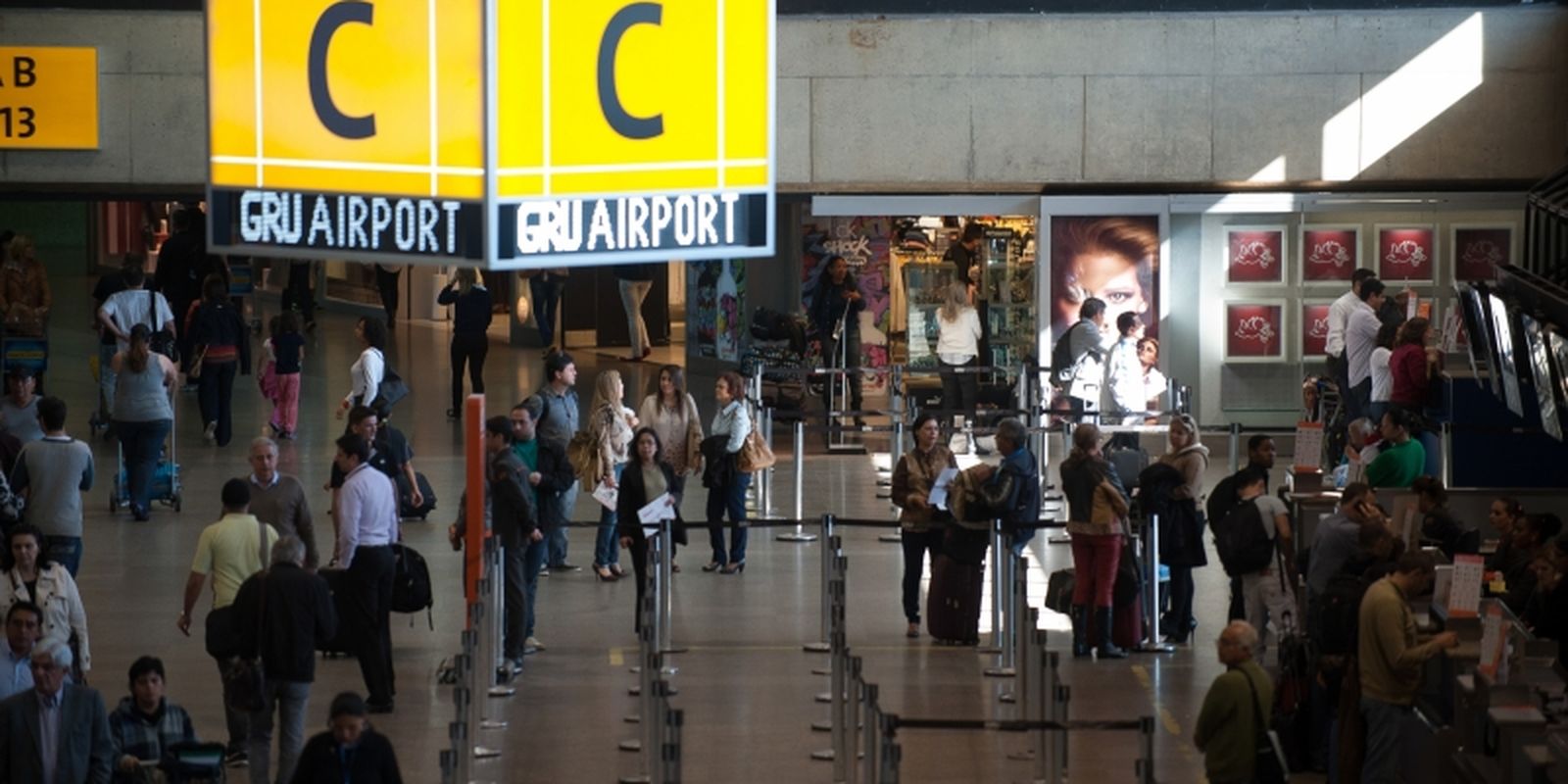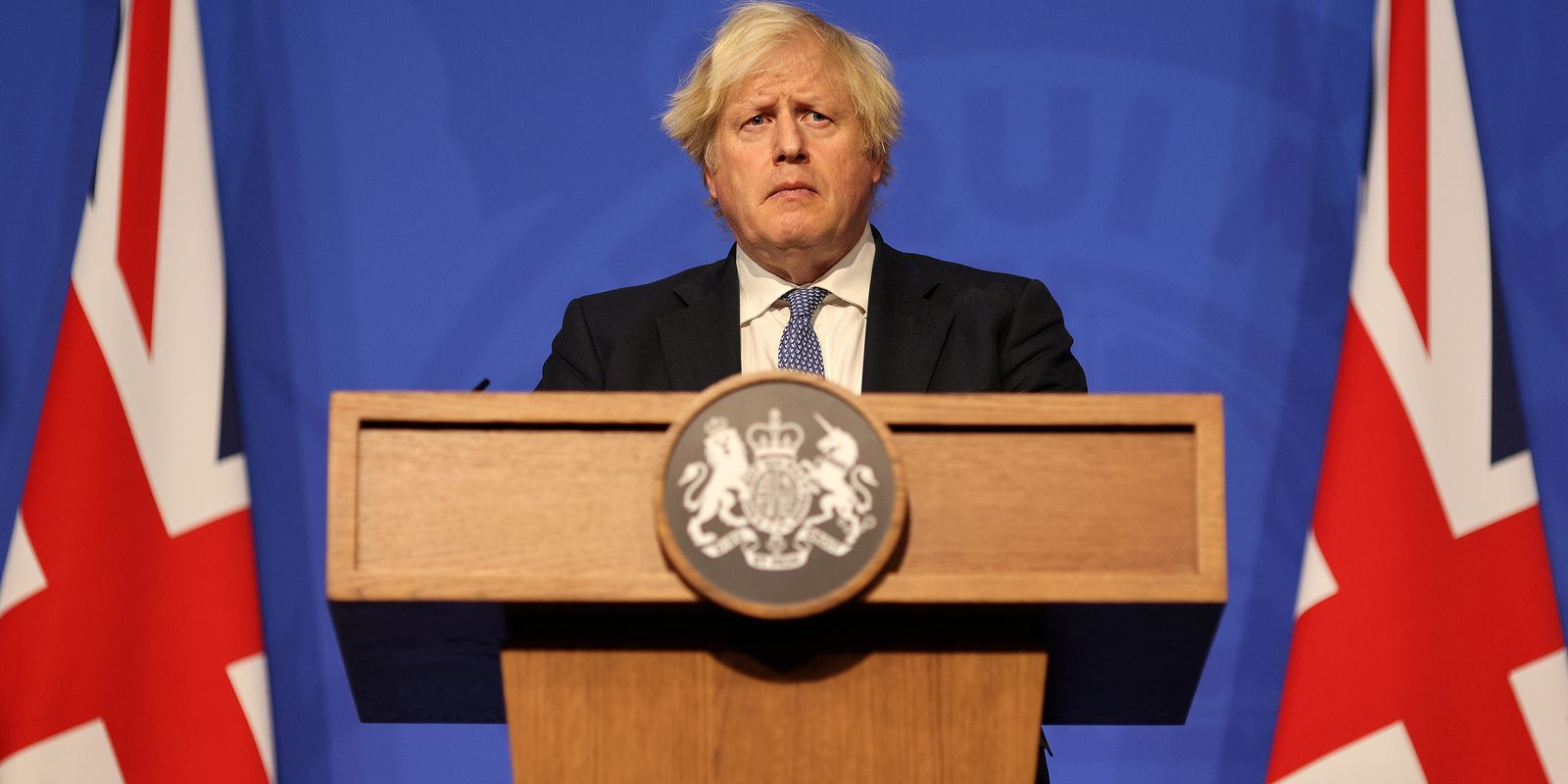On December 18, another International Migrants Day was celebrated. As the year draws to a close, it’s time to take stock of what 2022 has brought when it comes to migration in Portugal.
The foreign community continues to grow, totaling nearly 700,000 foreign citizens holders of a residence permit, the highest value recorded by the SEF since its creation in 1976.
With regard to the long-awaited modification of the Aliens Actas good as Regulatory decree which entered into force on October 30, are not enough to meet the migratory challenges that Portugal is going through.
The amendments to the law confuse priorities, increase insecurity and engender confusion among the public entities concerned. We briefly analyze two new visas:
The famous visa for remote work, also called Visa, has been approved digital nomad.🇧🇷
One of the main risks resulting from this change is the fact that adaptations to the social security tax regime for remote workers are not foreseen.
The state budget refers to “to a program to attract and support foreign workers to settle in Portugal, through “mechanisms that facilitate and rationalize their settlement on national territory, favoring (…) the simplification of administrative procedures with the various public services concerned (article 101.º OE🇧🇷🇧🇷
Unfortunately, beyond this article, nothing more is planned concerning this simplification. No adaptation is planned for consulates, SEF, tax and social security obligations for digital nomad.
I also draw your attention to another amendment: that of the new visa which allows citizens to enter and stay in Portugal with the aim of looking for work, which authorizes the exercise of a dependent work activity, up to when the visa expires or until it is granted the residence permit for a period of 120 days, extendable for another 60 days and allows entry to Portugal. The government says that with this measure it wants to create the conditions for a “safe immigration to portugal”, however, after entry, there is no control mechanism for these foreigners.
In addition to the legislative amendment, a protocol was signed yesterday between the GNR, the PSP, the SEF and the PJ which establishes “the model of cooperation between security forces in the context of the restructuring of the Portuguese border control system🇧🇷 This protocol came to divide the management of border control by different police forces.
The necessary and urgent reform of the SEF continues to be eternally postponed until the creation of the Portuguese Agency for Migration and Asylum (APMA), pending the attributions in administrative matters that will be exercised by the APMA and the Institute of Registers and Notaries.
It is regrettable that for the second year in a row, since the decision to reform the SEF was taken, the state budget does not include an item for the long-awaited reform of the SEF.
Does it make sense that with an increasing number of foreigners, the powers of SEF are spread over 6 different entities? Will it be possible to increase efficiency, reduce waiting times and guarantee the safety of the country?
What remains to be done in 2024?
I suggest that the government start with the rule of 3 “Ps” – small, small and possible – like:
– Faced with the Portuguese demographic crisis and the end of the annual definition of the migratory quota, the government should stop and reflect on the definition of the migratory policy that Portugal needs, like countries like Canada.
– Standardize the procedures required at the consular level (form of authorisation, documents required and processing times);
– Eliminate monopoly structures such as VFSwhich create systems of corruption in the ordering system, lack of qualified personnel in the analysis of documents and which are a bad business card of the Portuguese diplomatic reality (what happens in a consulate inside the States United Arab Emirates is different from South Africa, which is different from the United Arab Emirates);
– Ensure that schedules are respected in chronological order thanks to a system online, removing phone support. The SEF has 50 employees to support thousands of applicants. This archaic system must be replaced by a computer system allowing electronic programming in order to promote equal access to public administration services. It’s not inventing, the State already has this technology in other services, (eg: the programming of the citizen card
– Harmonize legislative changes to the digital nomad objectives with the tax system and social security.
Portugal is facing a growing number of foreign citizens in the national territory. This is good news which is not consistent with the level of irresponsibility in the way the issue of ‘SEF reform’ has been handled. It is essential to ensure rapid optimization of services, both at the IT level and at the level of human resources.
The Minister of Internal Administration recently mentioned “that the restructuring of the Foreigners and Borders Service (SEF) will improve the security of the country, with an increase in staff to respond to border and migration management🇧🇷 However, until today, for the protocol signed yesterday, it has not been explained how this reform will be carried out, nor the concrete date of implementation.
We ended up having a legislative change without the expected reform of a public service that welcomes foreigners who seek our country to live with dignity.

“Freelance communicator. Hardcore web practitioner. Entrepreneur. Total student. Beer ninja.”







